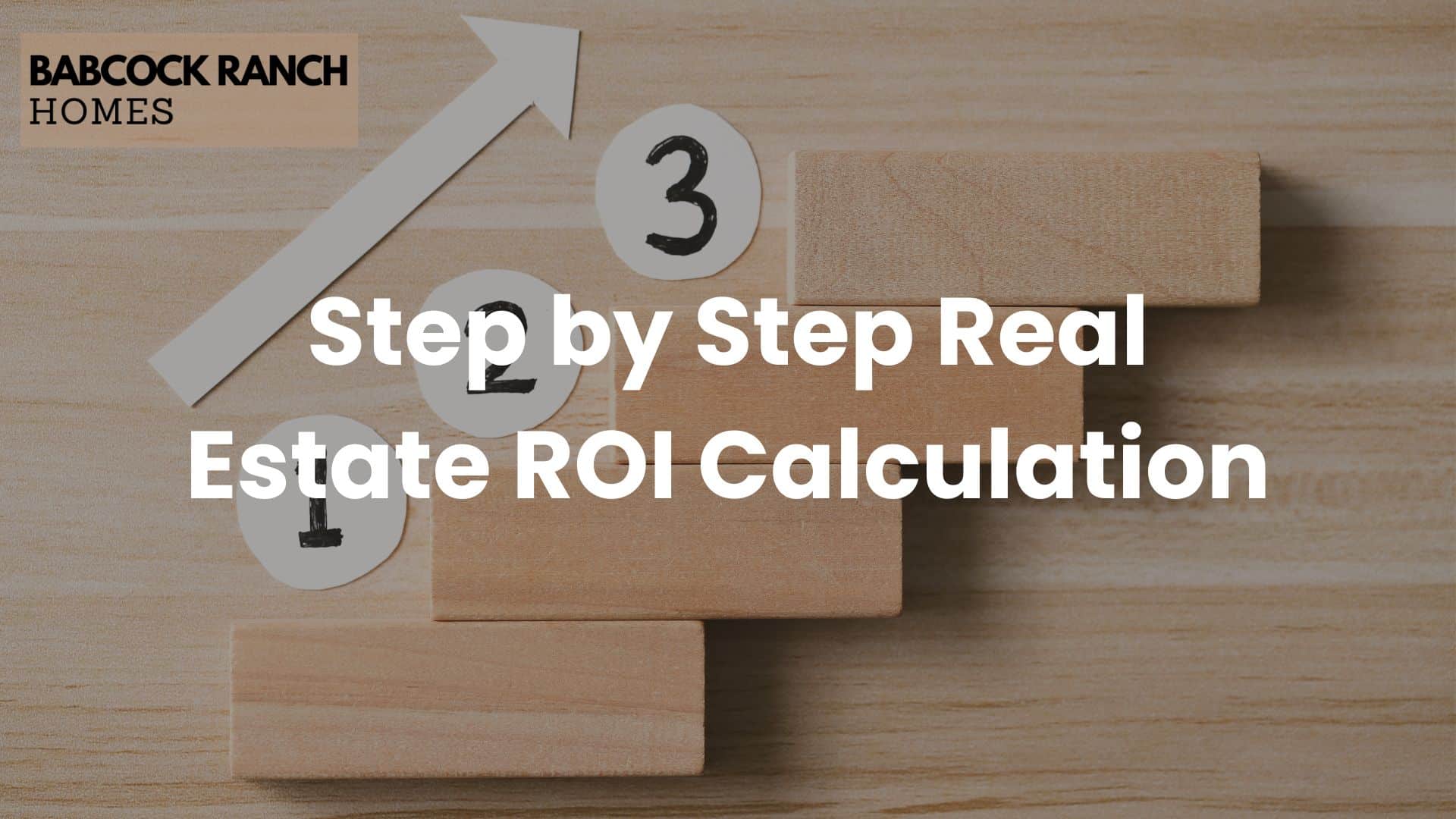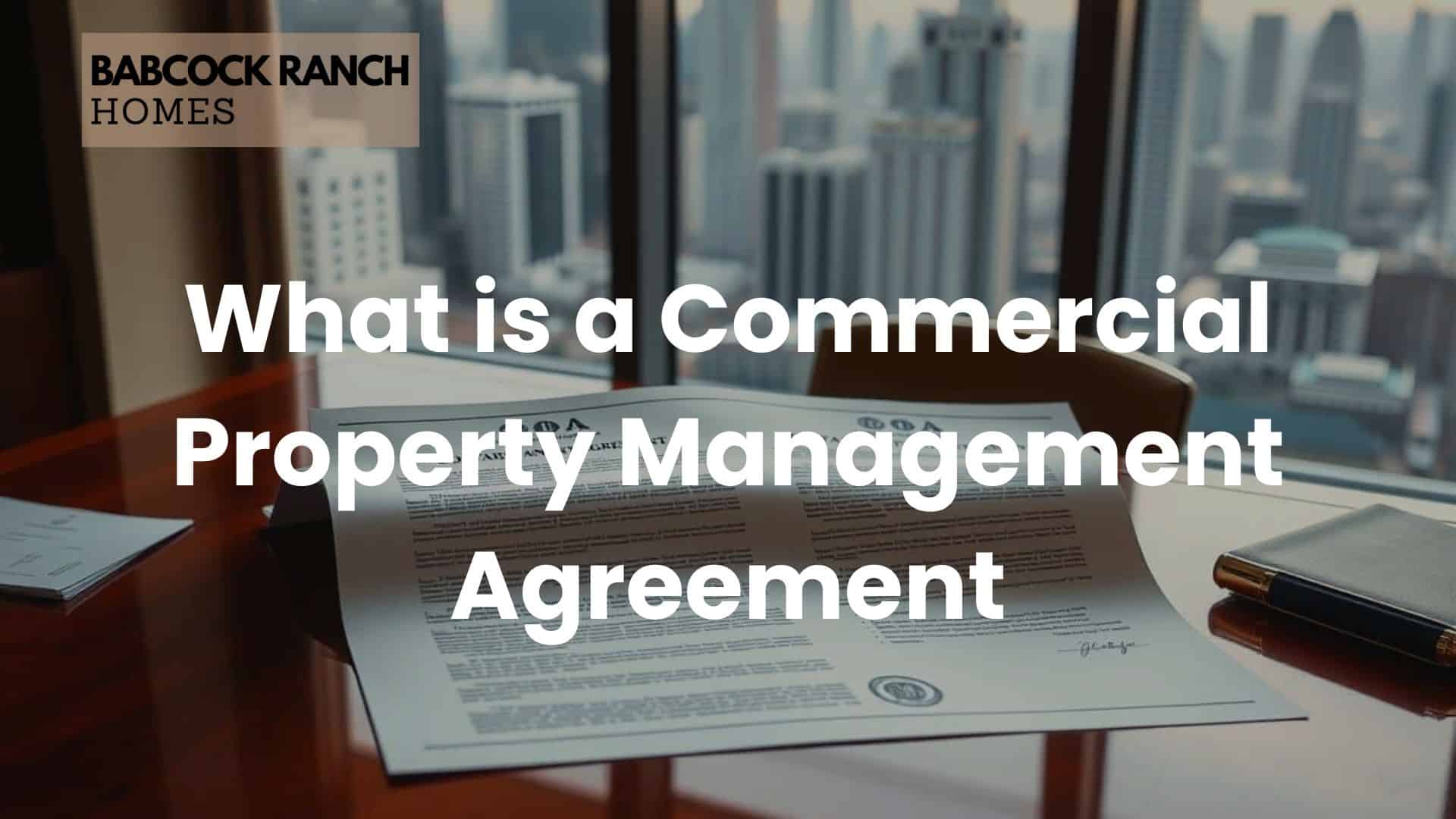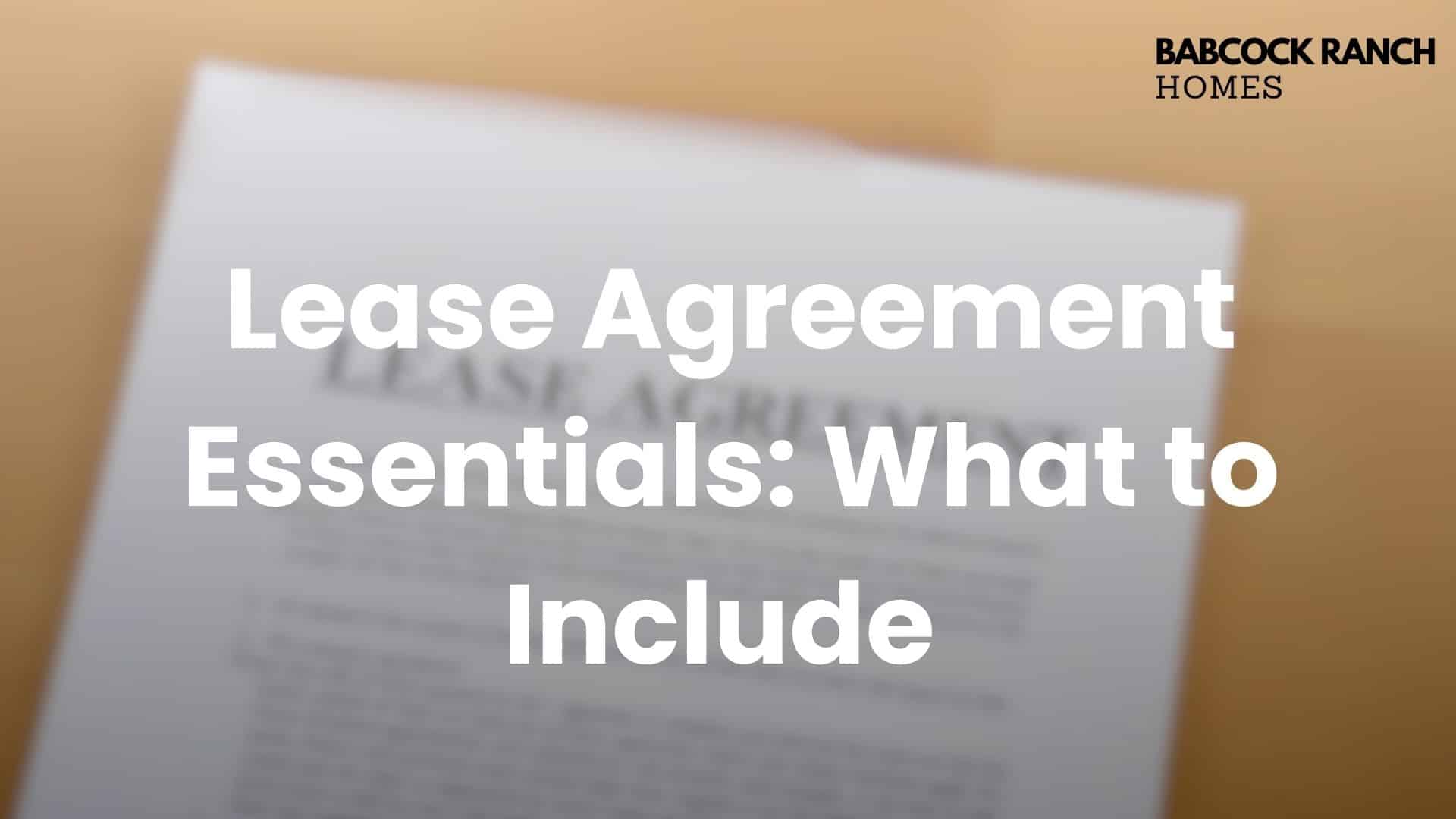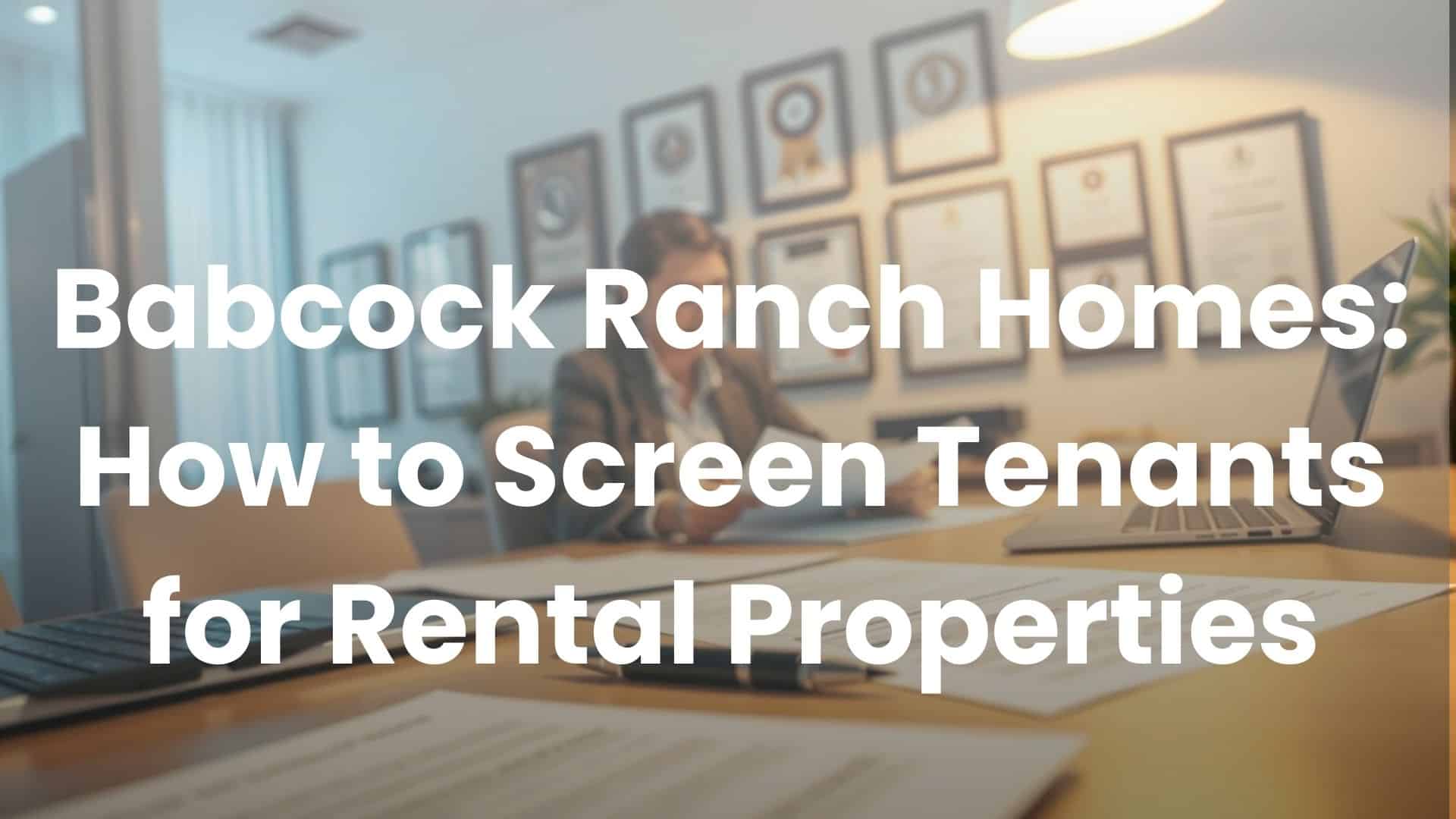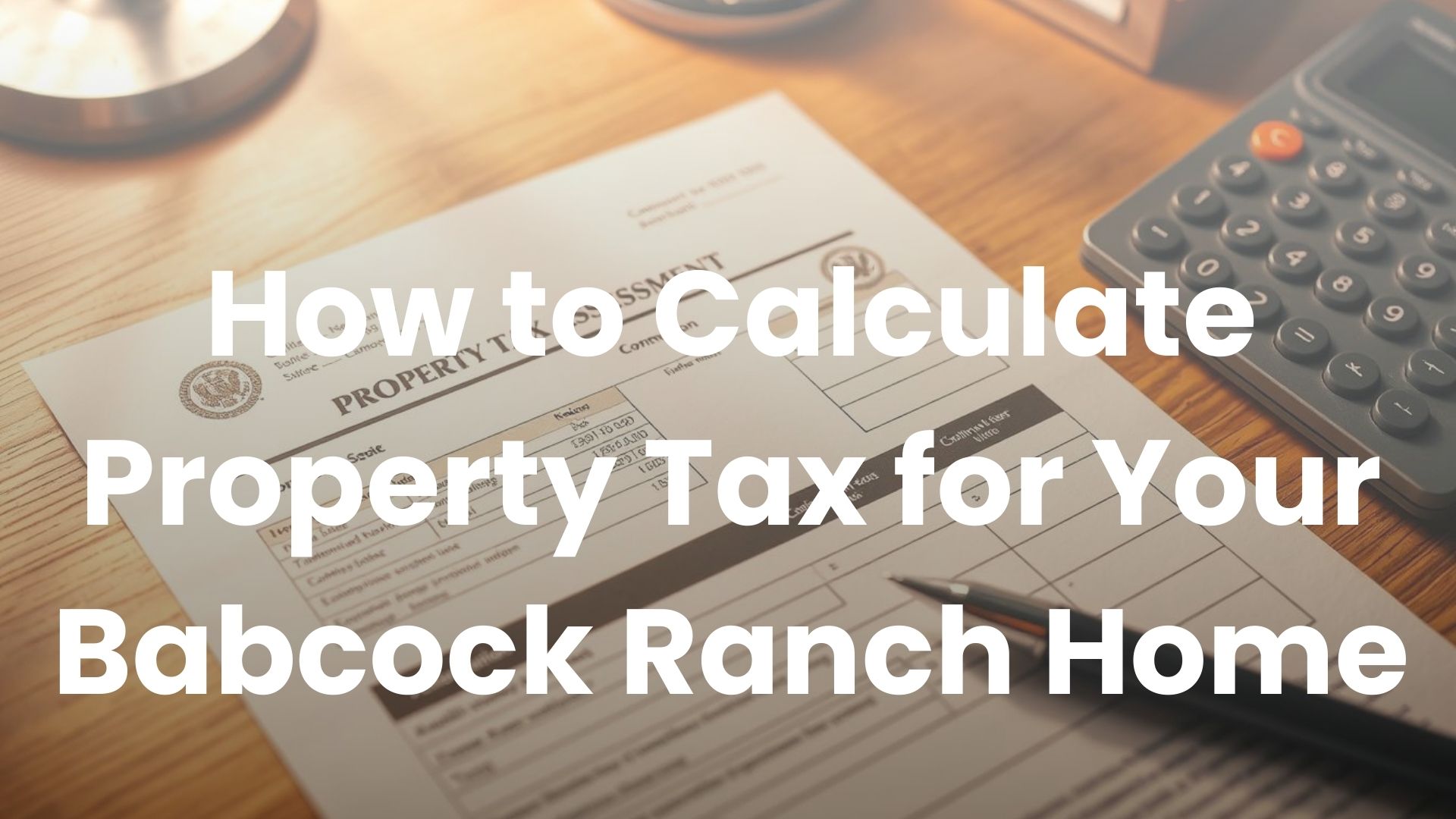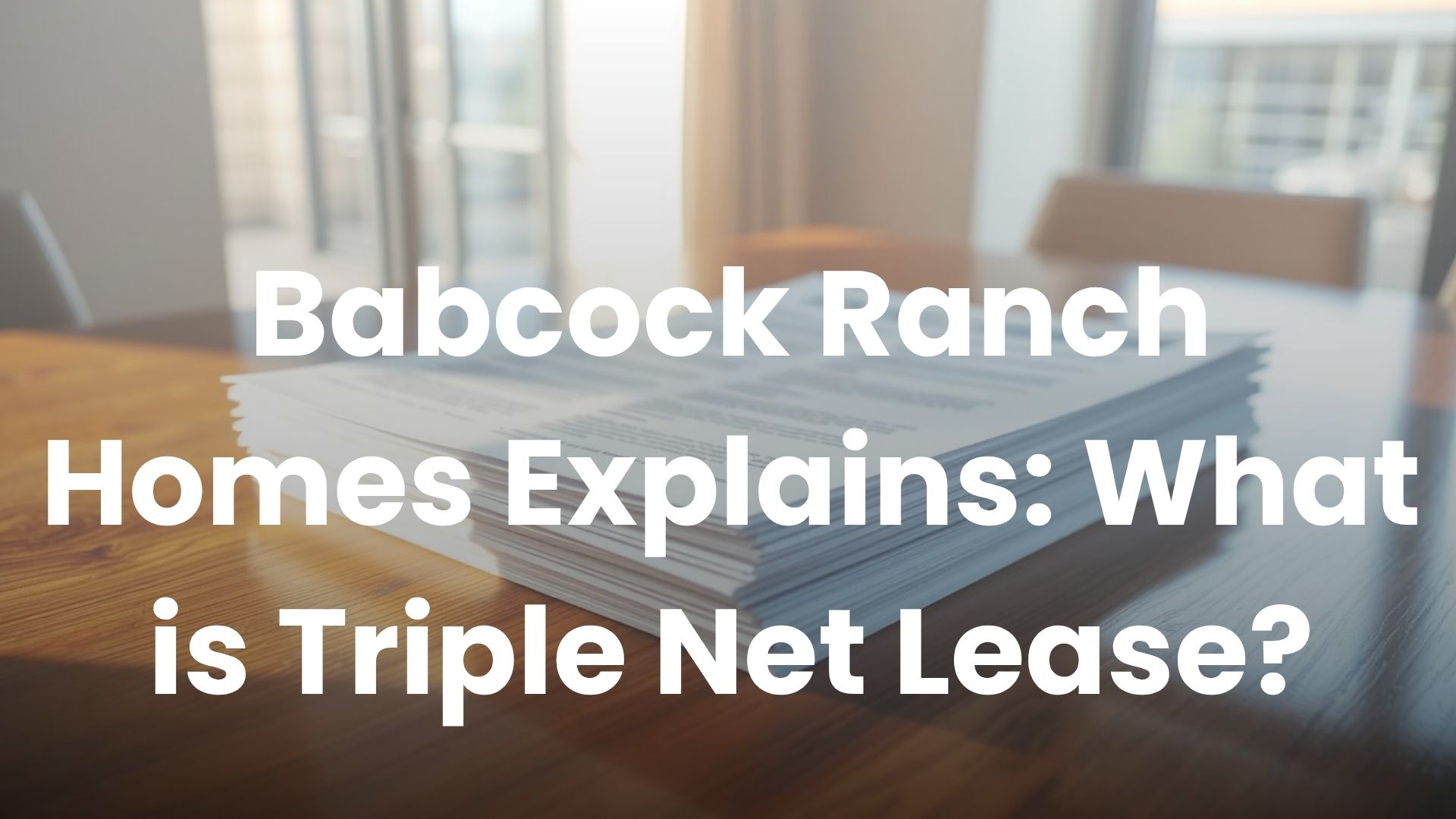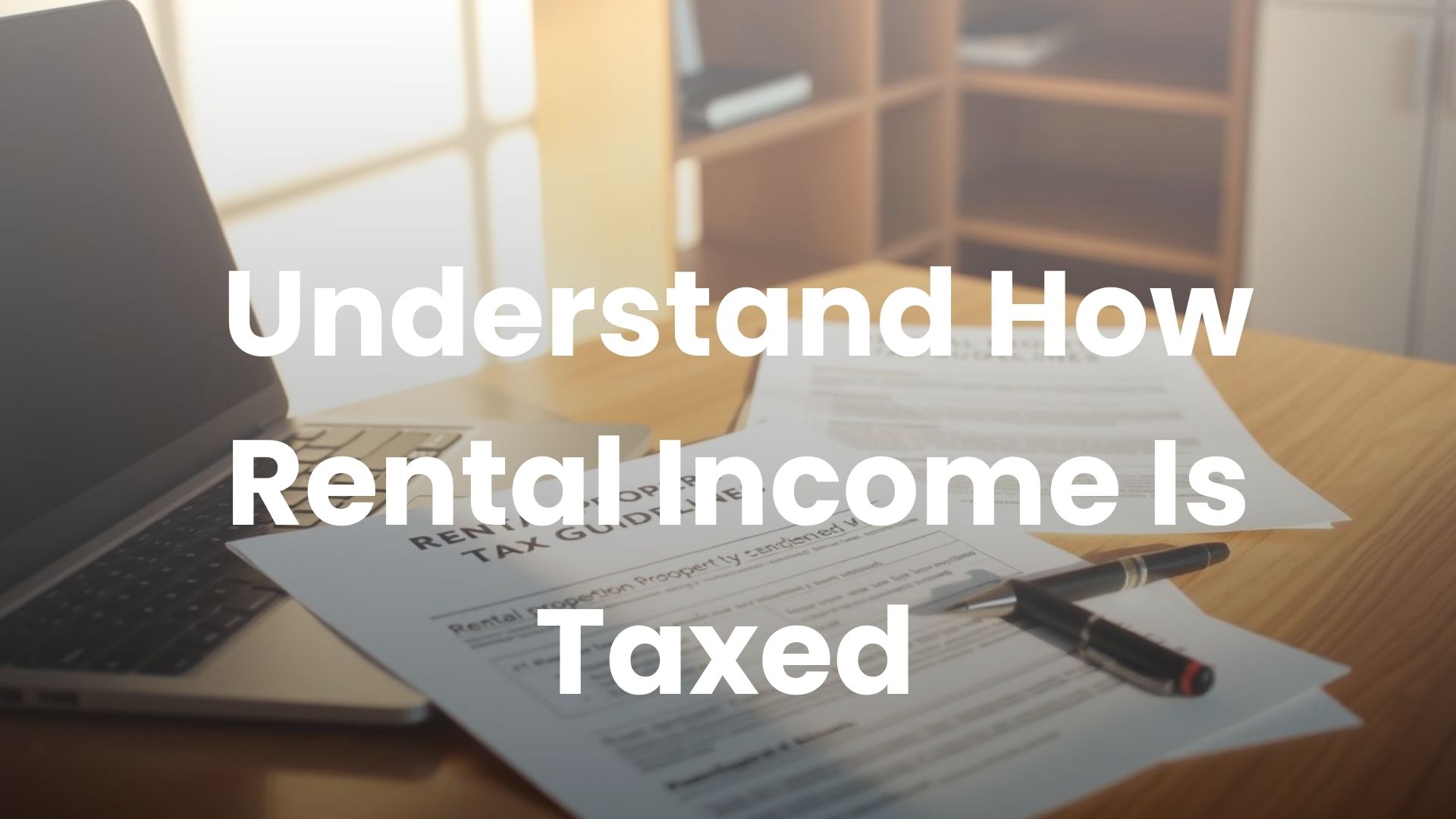Exploring the real estate market can be tricky, with options like co-op housing. A co-op apartment is a unique way to own property, different from buying a house. At Babcock Ranch Homes, we help you understand what a co-op apartment really is.
Buying a co-op apartment means you’re not just buying a place. You’re buying shares in a company that lets you live in a unit. This model is common in cities like New York, giving people a different way to own property.
Co-op housing offers great benefits, like being in the heart of the city and shared amenities. Buyers get to be part of a community and make decisions together. This way, housing can be more affordable and controlled by the people living there.
Key Takeaways
- Co-op apartments involve purchasing shares in a corporation, not direct property ownership
- Located in prime urban areas with convenient access to amenities
- Residents have a say in building management and policies
- Typically includes access to shared spaces like gyms and roof decks
- Requires board approval and follows stricter ownership guidelines
Understanding Cooperative Housing Basics
Cooperative living is a unique way to own property, unlike traditional real estate. In co-op ownership, people buy shares in a corporation that owns the whole building. They don’t own individual units.

Cooperative housing is all about working together. People become shareholders in a corporation that owns the property. This creates a community-focused living arrangement.
Definition and Core Concepts
A cooperative apartment changes the idea of owning a home. Key features include:
- Shareholders own corporation shares instead of direct property units
- A board of directors manages property-wide decisions
- Monthly fees cover mortgage, maintenance, and utilities
- Residents receive a proprietary lease based on share ownership
Historical Development of Co-ops
Cooperative living started as a housing solution in urban areas with high property costs. It began in the late 19th century. Co-ops offered an affordable way to own a home, mainly in cities like New York.
Key Features of Cooperative Living
Cooperative living has several benefits:
- Shared financial responsibilities
- Community-driven decision-making
- Potential tax benefits
- More affordable entry point compared to individual property purchases
Co-op ownership represents a collaborative approach to housing that prioritizes community and shared financial responsibility.
Understanding cooperative living basics helps see its unique value. While it’s different from traditional ownership, it offers a structured, community-oriented living experience. Many find this appealing.
What Is a Co-op Apartment

A co-op apartment is a special way to own a home that’s different from buying a house. Instead of getting a deed, you buy shares in a company that owns the whole building.
Buying a co-op apartment means you’re investing in a company that lets you live in a unit. This way, you become a shareholder with rights and duties.
- Shareholders get a proprietary lease
- Ownership is based on share allocation
- Corporation controls building management
- Residents participate in collective decision-making
The number of shares you get usually matches your apartment’s size and location. Before you can buy, you need the co-op board‘s approval. They check if you fit in with the community and can handle the costs.
Co-op housing pools resources to reduce individual ownership costs and create a collaborative living environment.
There are financial things to think about with co-op apartments. You’ll need to get a share loan, pay monthly fees, and cover extra costs like utilities and insurance. These costs help everyone in the building.
The Structure of Co-op Ownership
Co-op ownership is a unique way to manage homes that’s different from buying a house. Instead of owning a home, people buy shares in a company that owns the building.
Living in a co-op means everyone shares ownership and works together. Each person gets a proprietary lease. This lease lets them live in a specific unit in the building.
Share Allocation System
How shares are given out in co-ops is based on a few important things:
- Apartment size and where it is in the building
- How much of the company you own
- How much money you put into the company
Corporation Management
Co-ops are run by a group of people. A board of directors, chosen by the owners, makes big decisions. They look after the building, its money, and plans for the future.
Ownership Rights and Responsibilities
Co-op owners have certain rights and big responsibilities:
- They can live in their assigned unit
- They help make decisions for the co-op
- They pay monthly fees for upkeep
- They must follow the co-op’s rules
Co-ops need everyone to understand their shared money duties. Owners help pay for:
- Keeping the building in good shape
- Taxes
- Salaries for staff
- Maybe even mortgage payments
Before buying into a co-op, it’s smart to really think about the money and rules involved.
Benefits of Co-op Living

Cooperative living is more than just owning a home. It offers a special way to live that combines financial perks with community ties. This unique approach sets it apart from traditional real estate.
Co-ops make it easier to get into the housing market. They often cost less than buying a home in the same area. This makes them a great choice for those looking to own a home without breaking the bank.
- Lower closing costs compared to standard property transactions
- Potential tax deductions for ownership expenses
- Stable monthly payments through fixed-rate financing
- Reduced personal maintenance responsibilities
Living in a co-op also means being part of a community. Members get to:
- Make decisions together
- Enjoy better building security
- Build strong neighborhood bonds
- Grow as leaders by joining the board
Co-ops work on a cost-only basis. This means residents get to enjoy the benefits of the building’s management. It can lead to lower costs and more transparency than other housing options.
Cooperative living transforms housing from a mere transaction into a collaborative community experience.
Residents also get to share costs and have less personal risk. They can even move to a different unit within the co-op. These benefits make co-ops a smart choice for those wanting a community-focused and cost-effective living option.
Co-op Maintenance Fees and Monthly Costs
Understanding co-op housing’s financial side is key. Maintenance fees and monthly costs are important. They are something buyers need to think about before buying.
Breakdown of Regular Expenses
Co-op maintenance fees cover many expenses. They include:
- Property taxes
- Building insurance
- Utility costs (heat, hot water, electricity)
- Staff salaries
- Regular building maintenance
Special Assessments
Co-ops might also have special assessments. These are for big repairs or upgrades. The cost can change a lot, based on the building’s needs.
| Fee Type | Typical Cost Range | Frequency |
|---|---|---|
| Monthly Maintenance | $500 – $3,000 | Monthly |
| Special Assessment | $1,000 – $50,000 | As Needed |
Tax Implications
Shareholders can deduct property taxes and mortgage interest. The tax treatment depends on the number of shares owned and the specific financial structure of the cooperative. A tax professional can help with these deductions.
It’s important to look at maintenance fee trends. These costs usually go up with inflation and other factors.
The Co-op Board’s Role and Authority

In the world of co-op ownership, the co-op board is key. They manage and govern the community. Elected by shareholders, these volunteers make big decisions for the building.
The board’s main jobs are:
- Overseeing building maintenance and repairs
- Managing financial resources
- Establishing and enforcing community rules
- Reviewing new residents during approval processes
Co-op board members have a big role in protecting the building. They act in the best financial and operational interests of all owners. They make important decisions about management, finances, and property values.
Important parts of co-op board work include:
- Annual meetings and financial reports
- Reviewing and approving buyer applications
- Managing budgets and maintenance fees
- Ensuring compliance with local codes and regulations
Shareholders should know that board members are unpaid volunteers. They work with property managers and advisors. Their aim is to keep the building stable, financially sound, and up to community standards.
Financial Requirements for Co-op Purchase
Buying a co-op apartment has its own financial rules. These rules are different from buying a house. They help keep the co-op financially stable for the long term.
Co-op ownership needs a strong financial background. Buyers must face strict checks from the co-op board.
Down Payment Expectations
Co-op financing asks for bigger down payments. Here are some key points:
- Minimum down payments range from 5% to 20%
- Most co-ops want a 20% down payment
- Down payments don’t include the mortgage
Income Requirements
Co-op ownership checks your finances closely. Boards look at certain financial numbers:
- Minimum credit score of 620 or higher
- Debt-to-Income Ratio (DTI) is usually 25-30%
- You need 12-24 months of money after buying
Financial Documentation
Co-op boards need lots of financial info. They check if you’re a good fit. Here’s what they usually ask for:
- Personal tax returns for 2-3 years
- Bank statements
- Investment account statements
- Employment verification
- Detailed asset and liability statements
Pro tip: Work with a real estate agent experienced in co-op transactions to navigate these complex financial requirements effectively.
Co-op vs. Condo Comparison

Choosing between a co-op and a condo is a big decision for homebuyers. Both offer ways to own a home, but they are very different. They vary in how you own, the money needed, and how you live.
Co-op housing is special because you own shares in a corporation, not a unit. This makes living there more about community.
- Ownership structure varies dramatically between co-ops and condos
- Financial requirements differ substantially
- Governance models create distinct living experiences
Condominiums let you own your unit like a traditional home. Co-op advantages include potentially lower initial purchase prices and a collaborative community environment.
| Feature | Co-op | Condo |
|---|---|---|
| Ownership Type | Corporate Shares | Individual Unit Deed |
| Down Payment | 20-30% | 10-20% |
| Subletting | Restricted | Typically Allowed |
| Board Approval | Strict | Minimal |
“The choice between a co-op and condo depends on your lifestyle, financial goals, and desire for community involvement.” – Real Estate Expert
Buyers need to think about what they want. Co-ops mean more involvement but a closer community. Condos offer more freedom and clear ownership.
- Co-ops work best for those seeking community engagement
- Condos suit buyers wanting individual property rights
- Financial preparedness is key for both
Knowing the differences helps buyers choose what’s best for them.
The Co-op Application Process

Getting into co-op housing needs careful planning and knowing the special rules. It’s different from buying a house because the co-op board checks you out thoroughly.
Starting your journey to owning a co-op involves important steps. These steps can greatly affect your success. You’ll face a tough screening that’s more detailed than usual.
Preparing Your Board Application
A good co-op board application should have:
- Detailed financial statements
- Personal and professional reference letters
- Complete employment verification
- Tax returns for the past two to three years
- Comprehensive personal statement
Mastering the Board Interview
The co-op board interview is key. Boards look at:
- Financial stability
- Professional background
- Potential fit with current residents
- Commitment to the community
Pro tip: Treat the interview as a chat, be truthful, and show you really care about the co-op community.
Understanding the Timeline
The whole approval process usually takes 3 to 5 months. Boards want a down payment of 20% to 30%. They also check your debt-to-income ratio and how much money you’ll have after buying.
Key insight: Co-op boards have a lot of power and can say no without explaining why.
Having a skilled real estate lawyer can make things easier. They can help you get through the process and boost your chances of approval.
Financing Options for Co-op Purchases
Getting a loan for a co-op is different from buying a house. Instead of a mortgage, you buy shares in a company that owns the property. This changes how you get a loan.

- Share loans replace traditional mortgages
- Lenders specialize in co-op property financing
- Financial requirements are more stringent
Lenders look at your finances and the co-op’s health when considering a loan. To qualify, you usually need:
- 20% minimum down payment
- Strong credit history
- Favorable debt-to-income ratio
“Co-op financing is not just about your personal finances, but about the entire cooperative’s financial ecosystem.”
There are different ways to finance a co-op:
| Financing Type | Key Characteristics |
|---|---|
| Share Loans | Specific to co-op purchases, based on stock ownership |
| Portfolio Loans | Flexible terms from specialized lenders |
| Credit Union Offerings | Potentially more favorable terms for members |
Look for lenders experienced in co-op financing. Not all banks know how to handle co-op purchases. You need a lender who does.
Understanding Co-op Bylaws and Rules
Cooperative living has its own set of rules that guide daily life. Co-op bylaws are key to how people live together, use shared spaces, and keep the place nice.
These rules are detailed and cover what’s expected and what’s not allowed. They are more than just rental agreements. They give a clear plan for how to behave and manage the property.
Common Restrictions in Co-op Communities
Co-op bylaws focus on several important areas:
- Noise level regulations
- Pet ownership policies
- Appliance usage restrictions
- Common area maintenance
- Renovation approval processes
Subletting Policies
Subletting in co-ops is stricter than in other places. Co-op boards have strict rules to keep the community stable and property values high.
| Subletting Criteria | Typical Requirements |
|---|---|
| Board Approval | Mandatory pre-screening of subtenants |
| Duration Limits | Usually 1-2 years max |
| Financial Qualifications | Subtenants must meet income and credit standards |
Co-op bylaws are enforced by issuing warnings or even eviction. Buyers should check these rules to make sure they fit their lifestyle.
Understanding and respecting co-op bylaws is key to a peaceful community.
Property Taxes and Co-op Ownership
Property taxes in co-op housing can be tricky for new buyers. Unlike owning a home, co-op taxes work in a unique way. The whole building gets one tax bill, split among owners based on their share.
In co-op ownership, you pay a part of the property taxes in your monthly fees. For example, if you own 10% of the co-op, you pay 10% of the taxes. This makes it easier to manage your costs.
- Property taxes are assessed to the co-op board
- Shareholders pay taxes based on their ownership percentage
- Taxes are included in monthly maintenance fees
Co-op housing has some tax perks. Certain cities give tax breaks to co-op owners. For instance, Boston offers a 30% tax break for primary co-op homes.
| Co-op Tax Characteristic | Details |
|---|---|
| Tax Assessment Method | Whole building assessment |
| Individual Shareholder Tax Responsibility | Proportional to ownership shares |
| Federal Tax Deduction Limit | $10,000 combined state, local, and property taxes |
While co-op taxes might seem complex, they can save you money. Talk to a tax expert to get the most out of your co-op taxes. They can help you understand your tax situation better.
Renovation and Modification Policies

Renovating in a co-op apartment needs careful planning and approval. Co-op bylaws have strict rules, unlike condos or single-family homes. Shareholders must grasp the complex rules for making changes in their co-op living space.
The renovation approval process has several key steps:
- Submit detailed renovation plans to the co-op board
- Obtain written approval
- Get necessary building permits
- Follow specific renovation schedules
Co-op boards have strict rules to keep the building safe and running smoothly. They often limit big changes like:
- Changing floor plans
- Modifying plumbing systems
- Changing electrical setups
- Making major architectural changes
| Renovation Aspect | Co-op Board Requirement |
|---|---|
| Security Deposit | Substantial upfront payment |
| Professional Review | Building-hired architect inspection |
| Timeline Compliance | Strict adherence to approved schedule |
| Cost Allocation | Shareholders may bear improvement expenses |
Today, co-op boards focus more on energy efficiency and building upgrades. Decarbonization goals push for better electrical systems and windows to meet green standards.
To renovate in a co-op, you need clear communication, detailed plans, and a good grasp of co-op bylaws. Shareholders should be patient, thorough, and respectful of the building community.
Resale Considerations and Process

Selling a co-op apartment comes with its own set of challenges. It’s different from selling a house. You need to know the specific steps involved in selling a co-op.
The process of selling a co-op is not like selling a regular house. There are many things to think about. These can affect how easy it is to sell your property.
Market Value Factors
Several things can affect the value of a co-op apartment:
- Building’s overall financial health
- Location and neighborhood desirability
- Specific building amenities
- Current maintenance fees
- Age and condition of the property
Transfer Requirements
When you sell a co-op, there are strict rules to follow. The co-op board has a big say in who can buy your apartment. This can make selling harder.
Here are some key things you need to do:
- Get all the financial info from the buyer
- Go through a formal interview with the board
- Pay flip taxes to the cooperative
- Make sure the buyer meets strict criteria
Be ready for challenges like finding buyers who meet the financial standards. Having all your documents ready and knowing the co-op’s rules can help.
Successful co-op housing resales depend on thorough preparation and understanding of the cooperative’s unique transfer regulations.
Legal Aspects of Co-op Ownership
Co-op ownership is different from regular real estate. It involves buying shares in a corporation that owns the property. This creates a complex legal setup with specific rules and duties.
The legal side of co-op ownership is based on several important documents. These define how shareholders and the corporation work together:
- Proprietary lease
- Corporate bylaws
- House rules
- Offering plan
Shareholders in a co-op have special legal rights and limits. They own shares in a corporation, not individual property titles. This affects many legal areas:
- Shareholders are safe from personal debt for the cooperative’s mortgage
- A democratic board makes decisions on property management
- Members can write off mortgage interest and property taxes
- Ownership can be as tenants in common or joint tenants
Legal issues arise in complex situations like divorce or inheritance. A change in 1996 made it easier for married couples to inherit shares. It’s important to plan your estate to avoid problems with share transfers.
There are various types of co-op housing, each with its own legal rules. These impact what rights and limits you have as an owner.
It’s key to understand the legal side of co-op housing. This helps shareholders make smart choices and protect their investment.
Understanding Co-op Living: Key Takeaways for Homebuyers
Exploring what is a co-op apartment means looking into unique housing options. These homes offer a different way to own property, with benefits not found in regular homes. Co-op apartments let owners buy shares in a corporation, giving them the right to live there.
Co-op living has more to offer than just a place to stay. It creates a community where everyone has a say and can save money compared to condos. But, it comes with its own set of rules and costs, like big down payments and strict approval from the board.
If you’re thinking about a co-op apartment, getting expert advice is key. Babcock Ranch Homes suggests doing your homework and talking to real estate pros. They can offer tailored advice at 518-569-7173, guiding you through the co-op world in Babcock Ranch, Florida.
In the end, co-op apartments are a smart choice for those wanting a community feel. They offer stable costs and shared duties. By knowing what co-ops are all about, buyers can choose wisely, fitting their lifestyle and financial plans.

